What Not To Wear to a Job Interview: Key Takeaways
- Wearing athletic wear, revealing clothing, wrinkled or stained outfits, or flashy accessories can detract from a polished appearance.
- Classic choices such as well-fitted suits, clean blouses, neutral-colored dress pants, and polished shoes often help create a confident, professional image.
- Subtle jewelry, natural makeup and light scents can enhance your look without overwhelming the overall impression.
Making a great first impression in a job interview is very important, and what you wear plays a significant role in achieving that goal.
In fact, 71% of employers consider appropriate dress code a critical factor when evaluating candidates.
To help you present your best self, we’ll cover what not to wear to a job interview and share tips on choosing attire that will leave you looking polished, confident and professional.
What Not To Wear to a Job Interview: Clothing
Choosing the right attire for a job interview is essential to presenting yourself as a serious and professional candidate.
Certain clothing choices can create a poor impression and hurt your chances of making a positive impact.
So, here’s a list of what to avoid when selecting your interview outfit:
Athletic and overly casual clothing
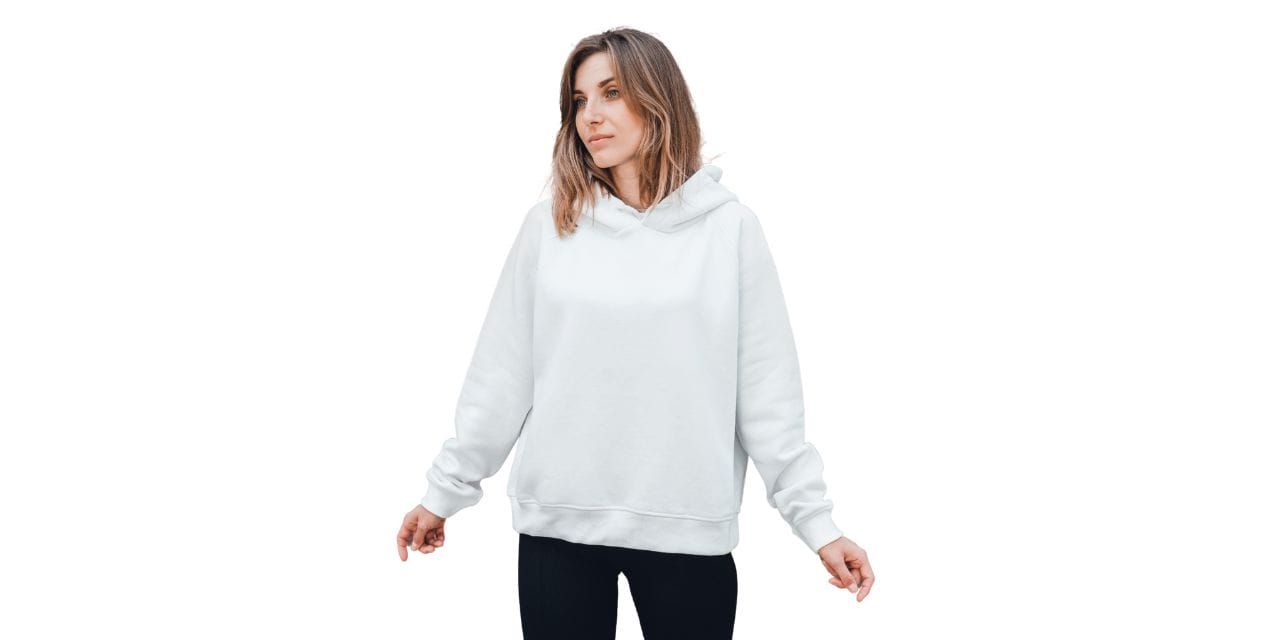
Opting for athletic wear like sweatshirts, hoodies, t-shirts, leggings or tracksuits sends the wrong message in an interview setting.
These items are typically associated with leisure or fitness, and wearing them could suggest you're not fully committed to presenting yourself professionally.
A job interview is a formal occasion, so choosing clothing that reflects seriousness and respect for the process is essential.
Overly revealing clothing
Clothing that’s too revealing, such as mini skirts, deep v-necks or cropped tops, can also make a negative impression during an interview.
While personal style is important, revealing outfits can make the interviewer uncomfortable or distract from your skills and experience.
For a professional interview, it’s best to keep your attire balanced, offering both coverage and style.
Clothing that exposes your undergarments
Dressing in a way that shows your undergarments, such as visible bra straps or underwear lines, can create an awkward or unprofessional vibe.
Moreover, it signals a lack of attention to detail or preparation.
In an interview, you want to ensure everything about your appearance is neat and deliberate, allowing your qualifications to take center stage without distraction.
Ill-fitting, faded or ripped clothing
Clothes that don’t fit properly or have seen better days also signal a lack of attention to detail.
Wearing items that are too tight, loose or worn-out gives the impression that you haven't put much effort into your appearance, which may be off-putting to an employer.
Aim for well-fitted, fresh and well-maintained clothing that shows you respect the interview and are taking it seriously.
Wrinkled or stained clothing
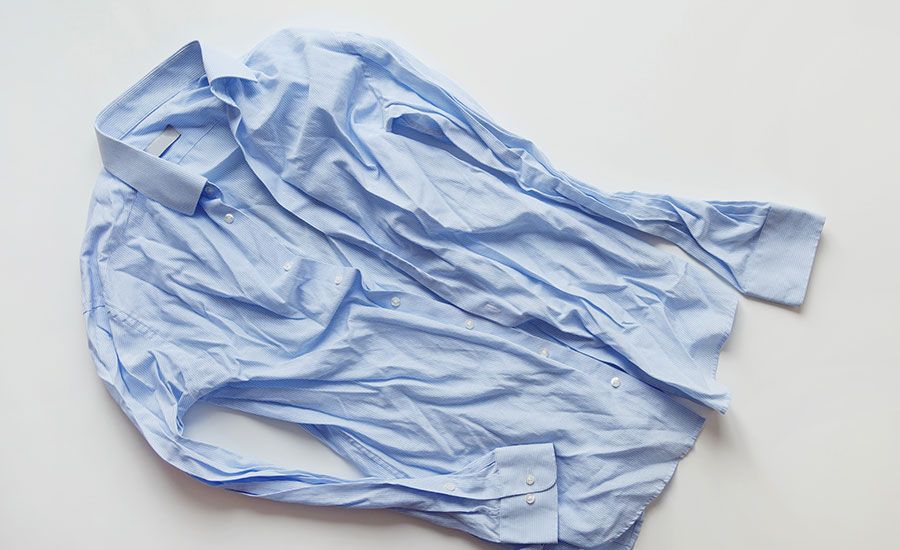
Wearing wrinkled or stained clothes can immediately make you appear unprepared and careless.
A wrinkled shirt or a coffee stain on your blazer could send a message that you don’t value the opportunity enough to ensure a crisp, tidy appearance.
Be sure to iron your clothes and if possible, opt for less wrinkle-prone fabrics.
Also, check your clothes for any stains before the interview.
Flashy or overly bright clothing
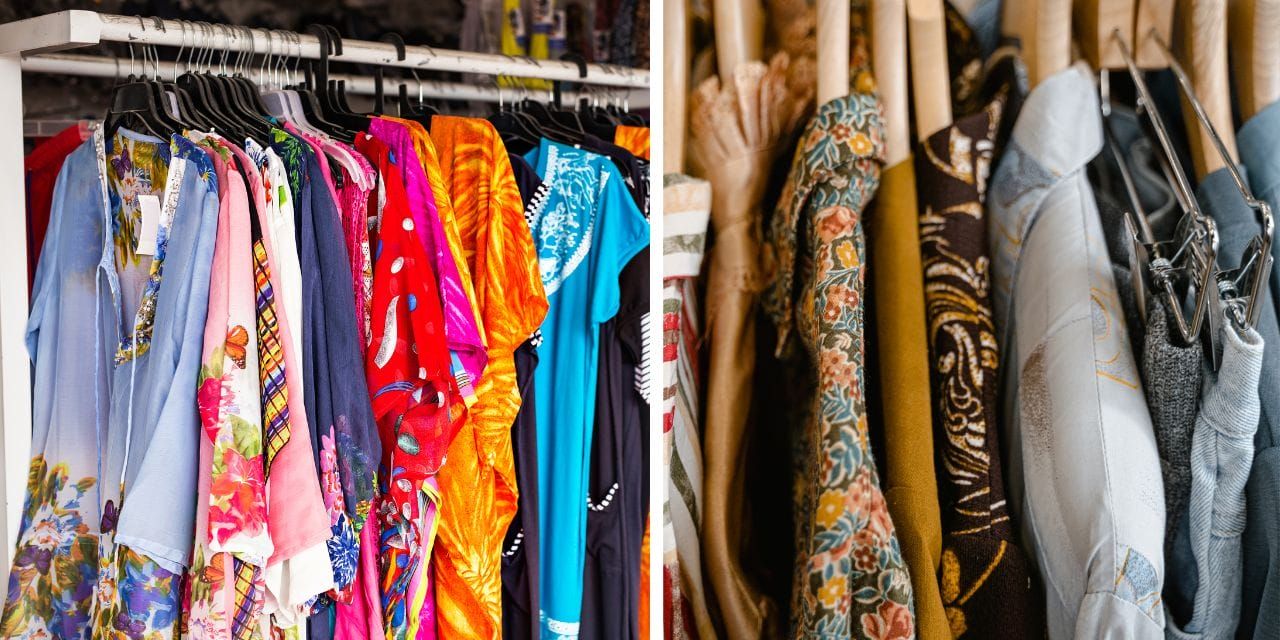
While bright, eye-catching colors and patterns may be fashionable, they can be too overwhelming in a formal setting like most job interviews (unless perhaps you’re applying for a job in fashion).
The same goes for wearing too many logos, which can make you look casual or overly brand-focused and detract from a professional image.
Excessively bright or flashy attire can draw attention away from what you’re saying and make it harder for the interviewer to focus on your qualifications.
Opt for more neutral tones or subtle patterns that complement your look without stealing the spotlight.
What Shoes Not To Wear to an Interview
Your footwear can make or break your overall look. Here’s what to avoid:
Casual or inappropriate footwear
Avoid sneakers, flip-flops and overly casual sandals because these shoes are typically associated with relaxation, not professionalism.
Even if they’re comfortable, they can give off an impression of being too laid-back or unprepared for the formality of an interview.
Scuffed or worn-out shoes
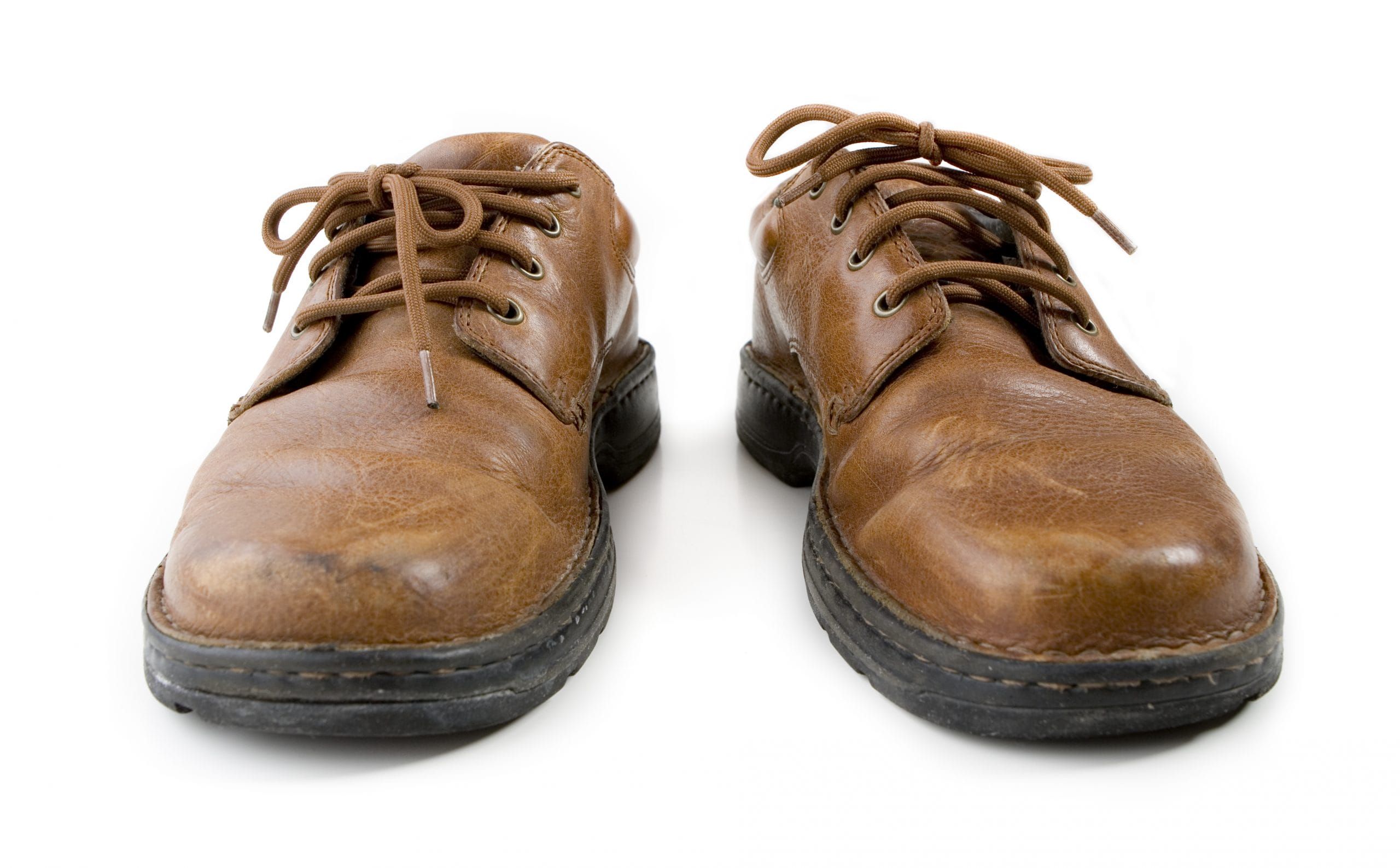
Shoes with visible signs of wear and tear, such as scuff marks or fraying edges, are a big red flag when it comes to your appearance.
It may seem like a small detail, but worn-out shoes suggest a lack of attention to detail and can hurt your professional image.
That said, ensure your shoes are in good condition, polished and free from any visible damage.
Overly bright or flashy shoes
Bright, flashy shoes in neon colors or unusual patterns might be fun for a night out but aren’t suitable for a job interview. The goal is to appear polished, not distracting.
Neutral colors like black, brown and navy offer a professional look that complements your overall outfit and ensures the focus remains on you, not your shoes.
Excessively high heels
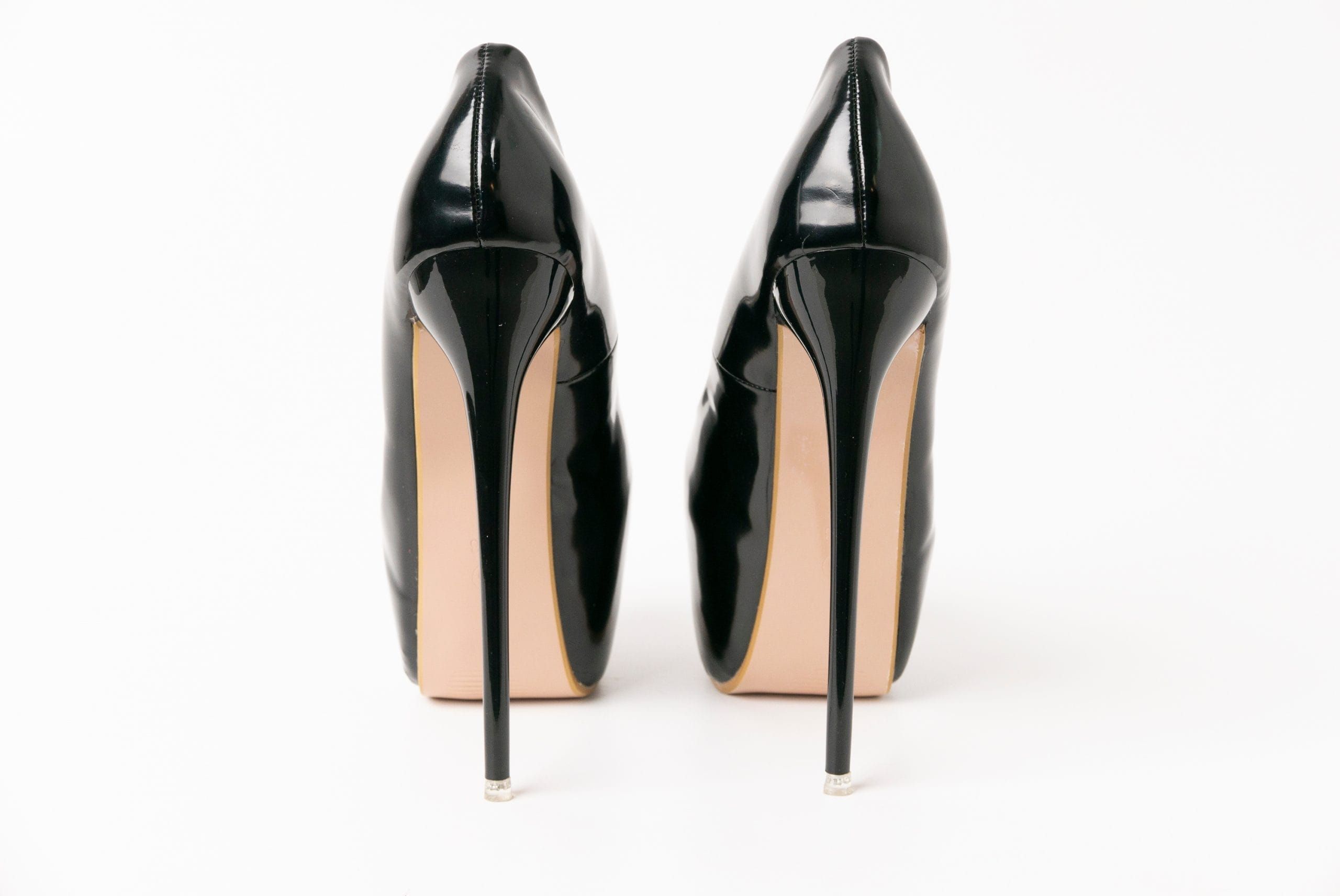
While heels can be a stylish addition to your outfit, overly high heels can make you uncomfortable, detracting from your ability to focus during the interview.
As a general rule of thumb, heels higher than three inches are often considered a no-no for job interviews, as they can be difficult to walk in and may seem less professional.
The heel style also matters — block heels offer more stability and are generally more suitable than thin stilettos, which can appear less practical or too formal for most professional settings.
What Not To Wear to an Interview: Accessories
Accessories can add personality to your outfit, but overdoing these during a job interview can detract from a professional impression.
Here’s what you should avoid:
Too many accessories and jewelry
Large, attention-grabbing jewelry or too many pieces of jewelry can make it harder for the interviewer to focus on what you're saying.
Stick to one or two subtle pieces to enhance your outfit without distracting from it.
Heavy makeup and strong perfume
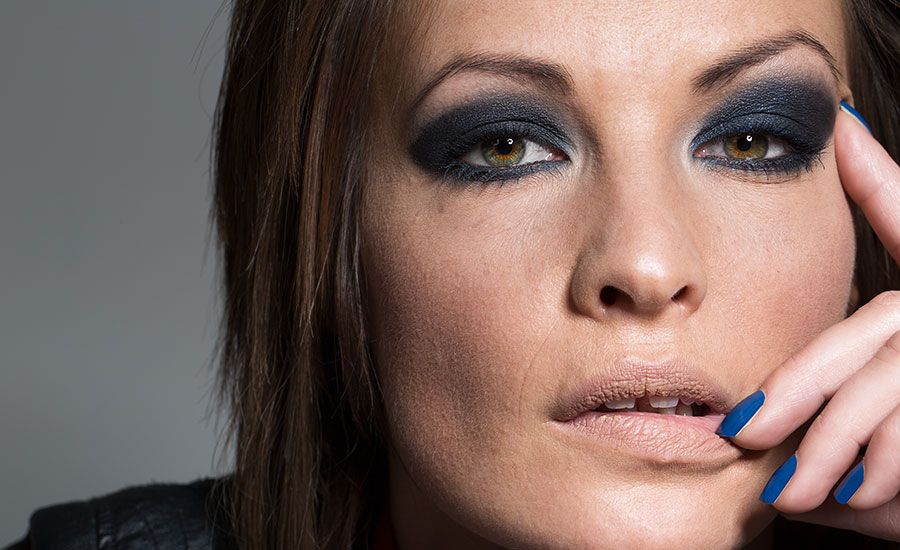
Makeup should subtly enhance your features, but overly dramatic application can become a distraction.
This includes smokey eyeshadow, too much eyeliner, excessive highlighter or bronzer and overly bright lipstick shades.
Likewise, strong perfume or cologne can dominate the room and may even cause issues for people with allergies or scent sensitivities.
As a rule of thumb, if your fragrance lingers noticeably after you leave the room or can be detected from more than an arm's length away, it’s likely too strong.
Headwear
Avoid wearing hats, caps or head covers to a job interview unless you have to for religious or industry-specific reasons.
While these may be part of your personal style, headwear can come across as overly casual or impolite in a formal interview setting.
What You Should Wear to an Interview
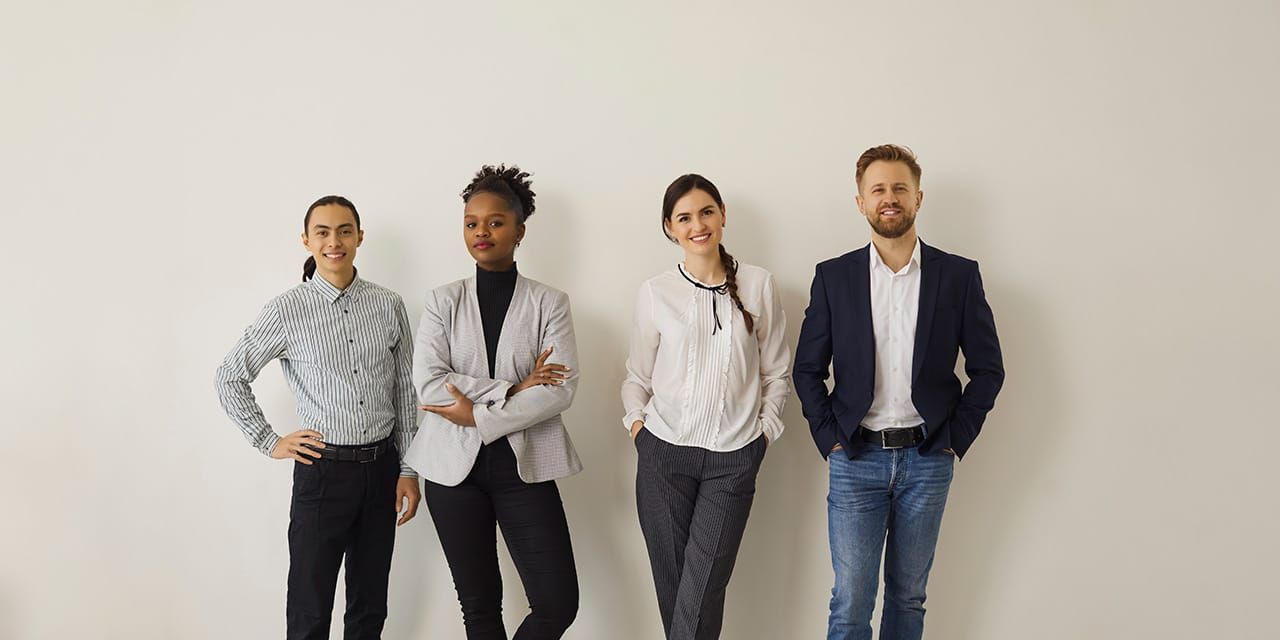
Now that we’ve covered what not to wear to a job interview, let’s focus on the attire that will help you stand out for all the right reasons.
The right outfit not only conveys respect for the opportunity but also boosts your confidence and keeps the spotlight on your qualifications.
When you dress professionally, you eliminate potential distractions, ensuring the interviewer’s attention stays on your skills and experience — not your clothing.
Your appearance should complement your expertise, reinforcing the impression that you’re a serious and capable candidate.
Here are some safe go-to options to keep you looking professional and polished.
- Suits: Wear classic, well-fitted suits in neutral colors (e.g., black, navy and gray) to convey professionalism and respect for the opportunity.
- Blazers: Pair a structured blazer with dress pants or a skirt to create a polished, business-appropriate look.
- Dress pants or trousers: Opt for neutral colors like black, charcoal or khaki to achieve a sophisticated, professional appearance.
- Midi dresses and skirts: Choose styles that provide appropriate coverage while maintaining a professional, stylish look.
- Button-down shirts: Select clean and polished options, ideally in solid colors or subtle patterns, to enhance your outfit.
- Office-friendly blouses: Wear light, neutral-colored blouses to add style to your professional look without overdoing it.
- Turtlenecks: Consider this sleek option, especially for colder weather, to stay both stylish and appropriate.
- Classic dress shoes: Opt for black or brown styles such as oxfords or brogues. These timeless options convey professionalism and polish while ensuring your footwear complements a formal outfit.
- Comfortable heels: Choose heels with a height of two to three inches to strike a balance between style and comfort. Black, nude or brown options work best.
- Flat or low-heeled options for women: Consider polished ballet flats, loafers or sandals with a closed-toe or modest strap if you want to combine comfort and professionalism.
- Minimal jewelry: Wear small stud earrings, a simple wristwatch or similar subtle pieces to keep the focus on you, not your accessories.
- Light makeup: Apply light makeup for a natural, fresh look that enhances your features without being too noticeable. Stick to neutral tones for eyeshadows, minimal eyeliner, soft blush and natural lip colors.
- Subtle scents: Use a light application of perfume or cologne, opting for fresh, clean scents that won't overwhelm other people in the same room as you.
Get More Career Tips From OysterLink
At OysterLink, we’re committed to helping you succeed in your career journey.
Along with expert job search tips, we offer valuable resources, including salary insights, interview preparation advice and tools like Paycheck Calculator.
Whether you're looking for your next opportunity or just want to improve your professional skills, our platform is designed to support your professional growth every step of the way.
Explore our career advice and resources today, and let OysterLink help you make the best impression and take the next step in your career with confidence.
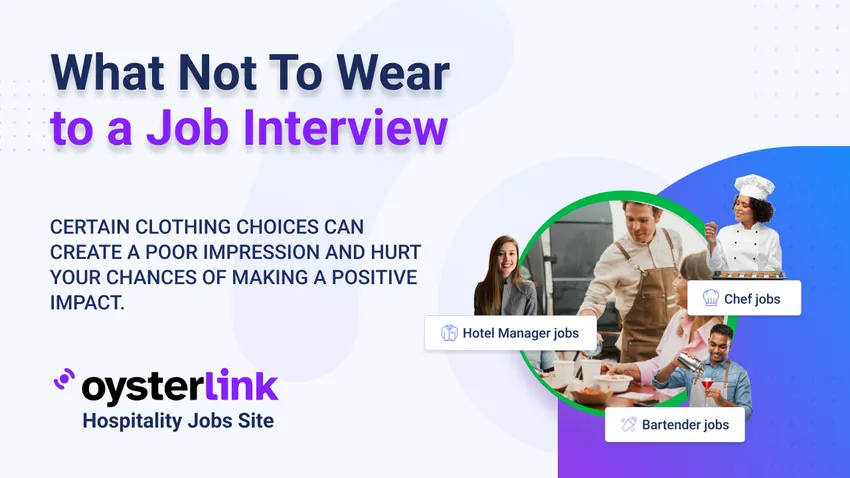








Loading comments...